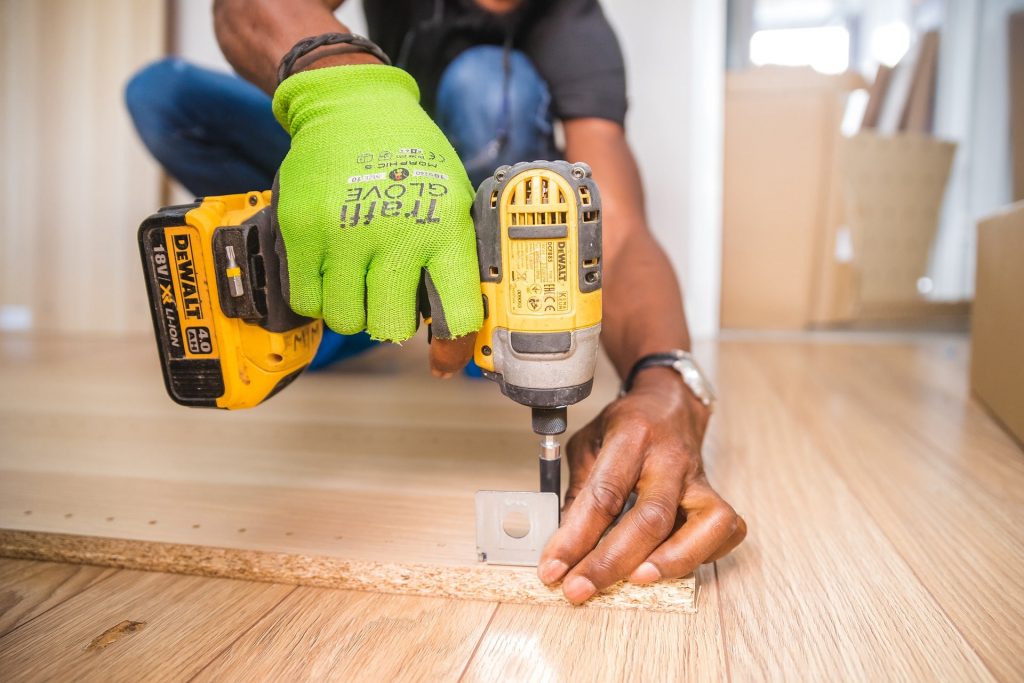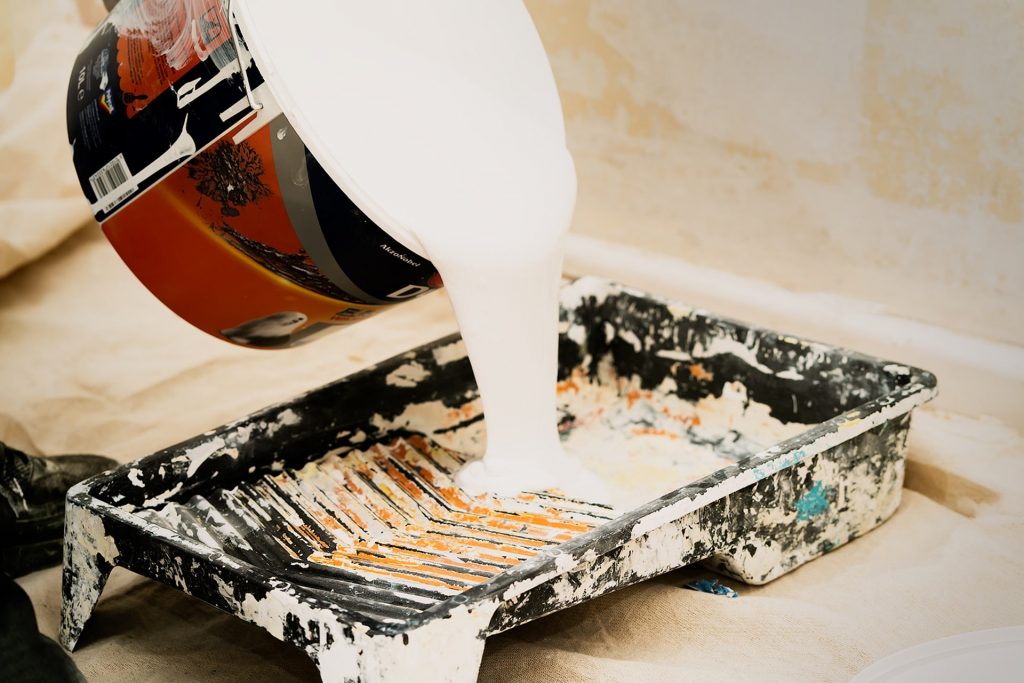Home » Knowledge Base » Who makes repairs after a home inspection?
When it comes to who makes repairs after a home inspection, the responsibility often depends on the circumstances surrounding the transaction. Typically, the seller may be responsible for addressing certain repairs, especially if the issues are significant or if the buyer has made their offer contingent on those repairs being completed. However, it’s not always the seller who takes on the task.
Before deciding whether to make repairs, it’s important to consider why you might be hesitant. Maybe the repairs seem insignificant, the costs feel overwhelming, or perhaps you simply don’t want the hassle.
However, stepping back and viewing the situation from the buyer’s perspective can be enlightening. What may seem minor to you could be a significant concern for them, impacting their decision to move forward with the purchase.

Before deciding whether to make repairs, it’s important to consider why you might be hesitant. Maybe the repairs seem insignificant, the costs feel overwhelming, or perhaps you simply don’t want the hassle.

However, stepping back and viewing the situation from the buyer’s perspective can be enlightening. What may seem minor to you could be a significant concern for them, impacting their decision to move forward with the purchase.
While some repair requests might appear minor, others can be quite practical. These objections, raised during a home inspection, are entirely negotiable. Instead of declining to address the repairs, consider offering a credit toward the buyer’s closing costs. This approach can save you both time and money, while also meeting the buyer’s concerns halfway. In real estate, a wise compromise today can lead to a smoother transaction tomorrow.

Are the requested repairs a dealbreaker for the buyer? Take, for example, a furnace that doesn’t work as winter approaches. It’s easy to see why a buyer would want this addressed—after all, a repair might cost a few hundred dollars, while a new furnace could range from $4,000 to $6,000.
No buyer wants to purchase a home only to be immediately burdened with such a significant expense.

Are the requested repairs a dealbreaker for the buyer? Take, for example, a furnace that doesn’t work as winter approaches.
It’s easy to see why a buyer would want this addressed—after all, a repair might cost a few hundred dollars, while a new furnace could range from $4,000 to $6,000.
No buyer wants to purchase a home only to be immediately burdened with such a significant expense.
Understanding the buyer’s flexibility can be key to a successful negotiation. Have your real estate broker reach out to the buyer’s broker to gauge whether the buyer might be open to sharing the repair or replacement costs. This kind of collaboration can make the difference between a smooth transaction and a deal falling through. Remember, if this deal doesn’t close, the next buyer will likely request the same repairs, so it’s often wise to address the issue head-on.
When repairs are mandated by the lender, there’s little room for negotiation—they must be completed for the transaction to proceed. For instance, if a buyer is using an FHA loan, the property needs to meet certain minimum condition requirements.
These are non-negotiable standards set by the lender to ensure the home is safe and habitable. Failure to make the repairs will result in a termination of the transaction, and you will be required to disclose the defects to the next home buyer.

When repairs are mandated by the lender, there’s little room for negotiation—they must be completed for the transaction to proceed.

For instance, if a buyer is using an FHA loan, the property needs to meet certain minimum condition requirements.
These are non-negotiable standards set by the lender to ensure the home is safe and habitable. Failure to make the repairs will result in a termination of the transaction, and you will be required to disclose the defects to the next home buyer.
Specific issues, like a leaky roof or missing smoke alarms, can trigger mandatory repairs from the appraiser. Once these items are noted in the appraisal report, the mortgage lender will require them to be fixed as a condition for closing. If these repairs aren’t addressed, the transaction will come to a standstill, potentially preventing the sale from going through. Taking care of these issues promptly ensures a smoother path to closing and helps avoid any last-minute roadblocks.
The goal in any transaction is to reach a mutual resolution that satisfies both parties. While you may be reluctant to make repairs and the buyer’s requests might seem impractical, remember that you’ve already agreed on a purchase price, met deadlines, and navigated various concessions. You’re in the final stretch, with just one more round of negotiations standing between you and a successful closing.
Think of it as rounding third base—you’re almost home. This final negotiation is your opportunity to come to an agreement that benefits everyone involved. By sitting down at the table once more, you can work together to find a win-win solution that keeps the deal moving forward and ensures a positive outcome for both you and the buyer.
SHARE THIS ARTICLE
ARE YOU AWARE OF THE